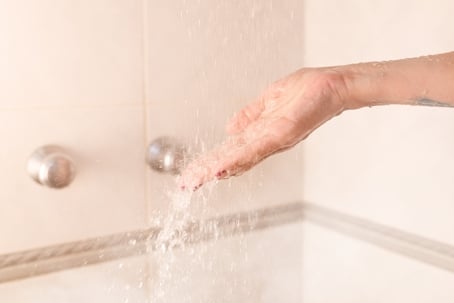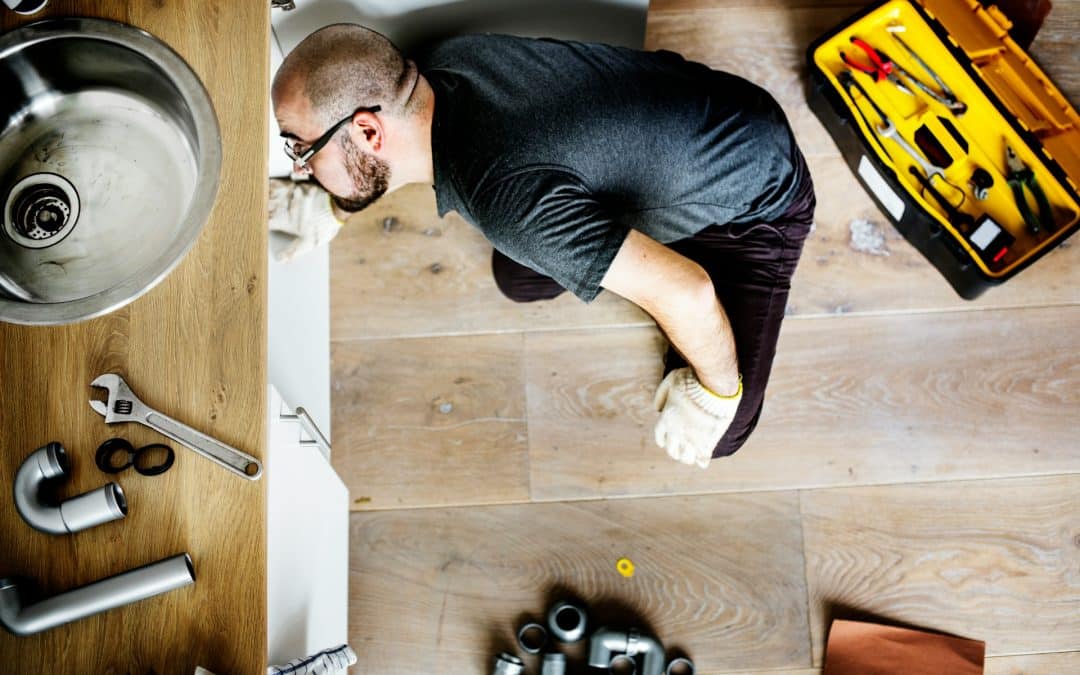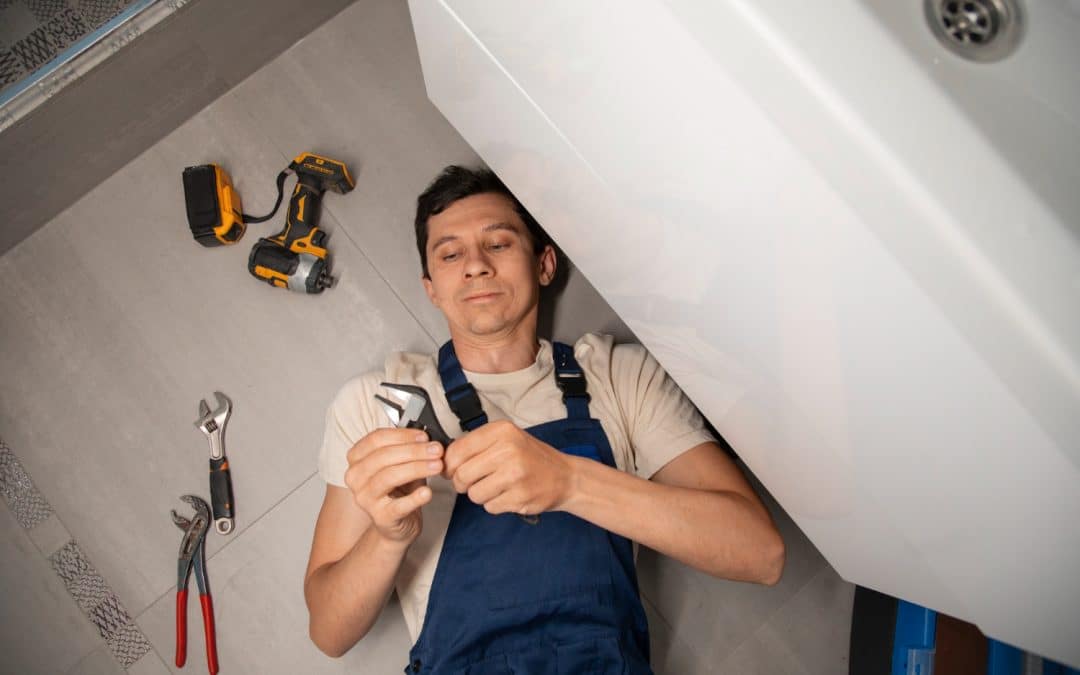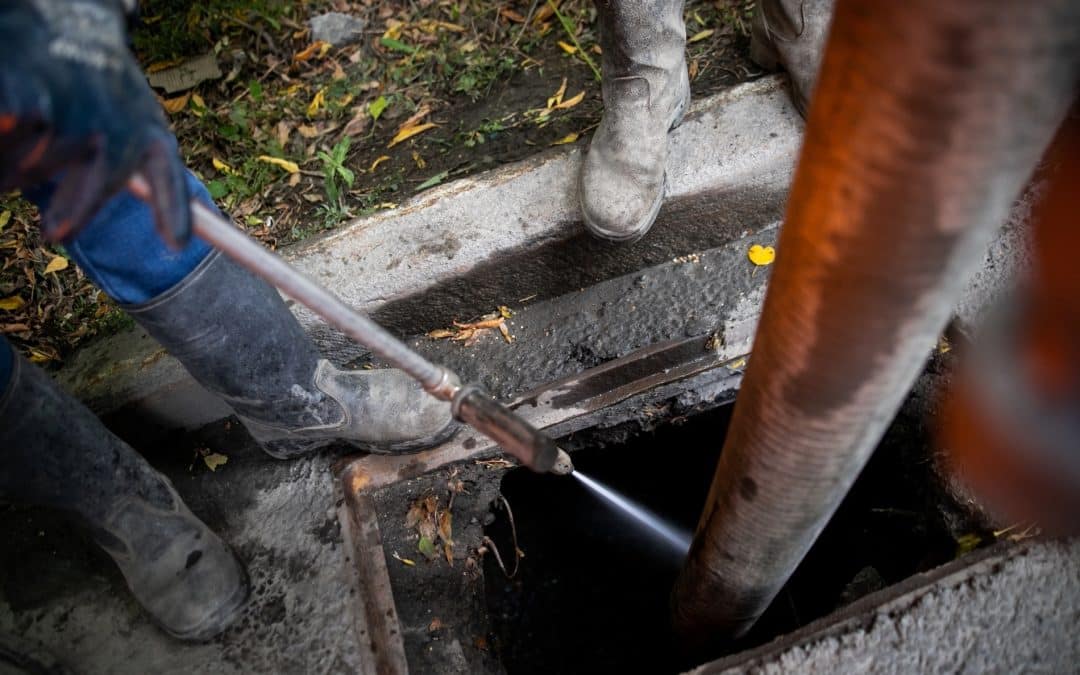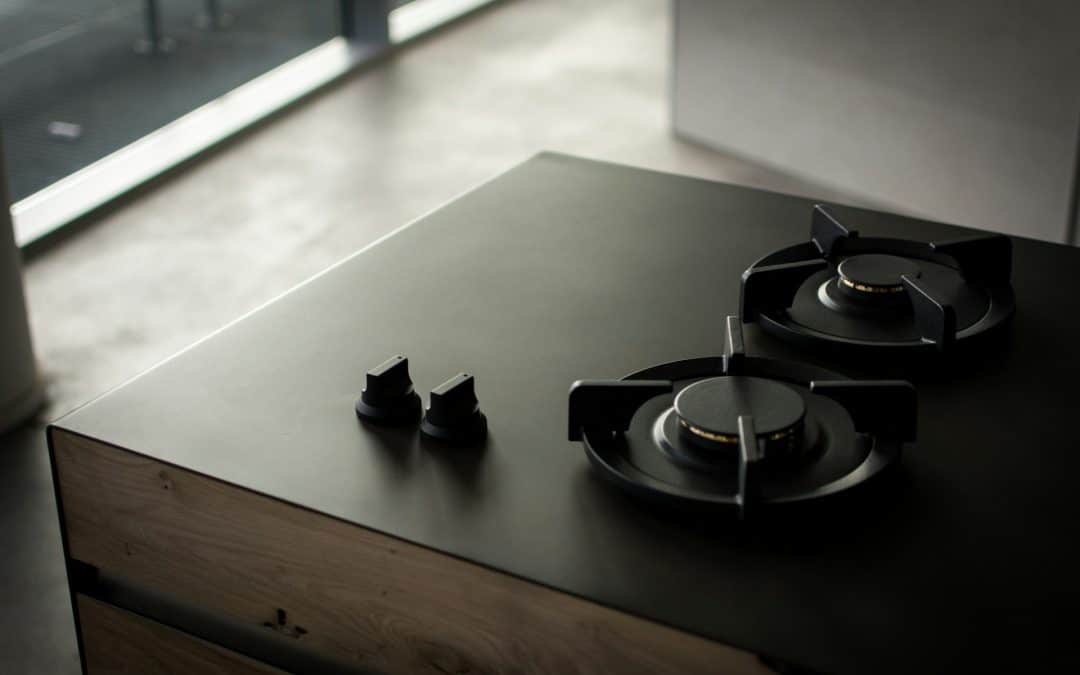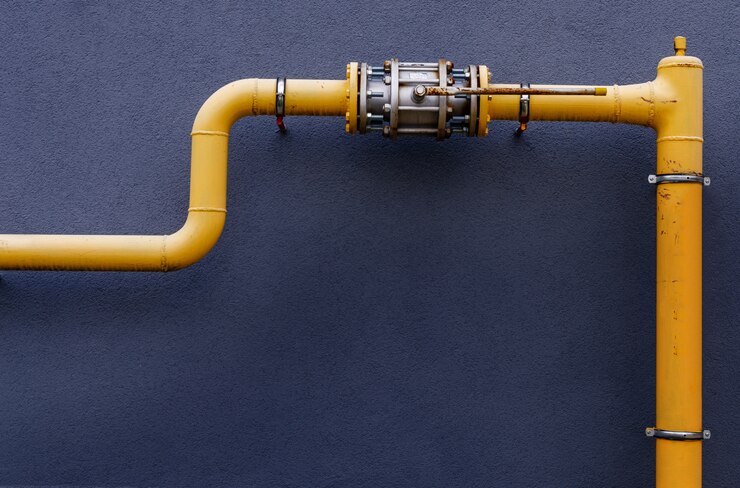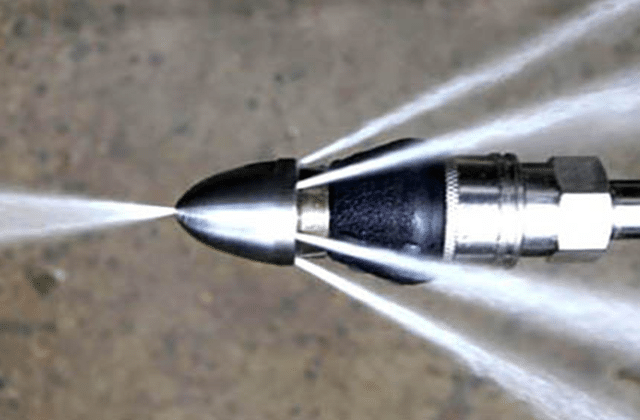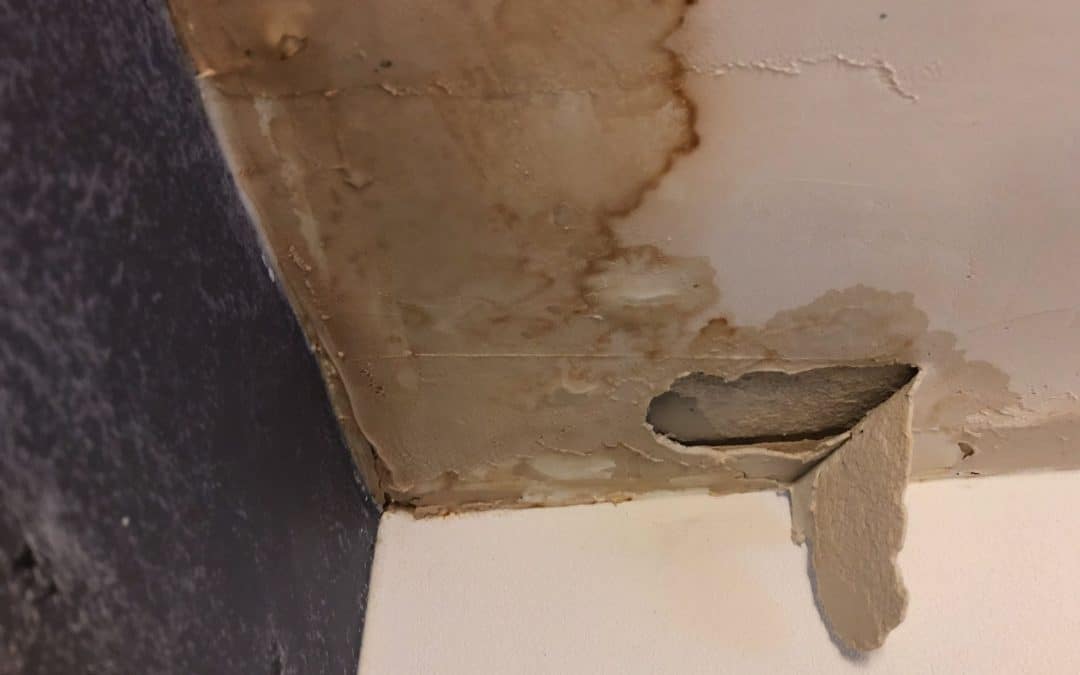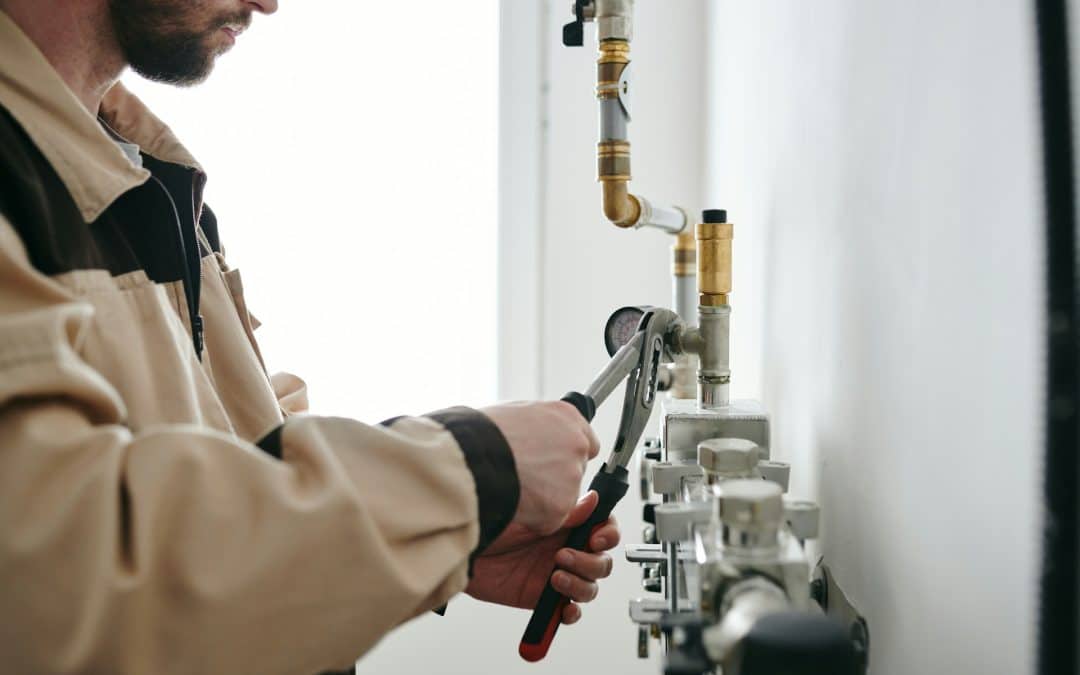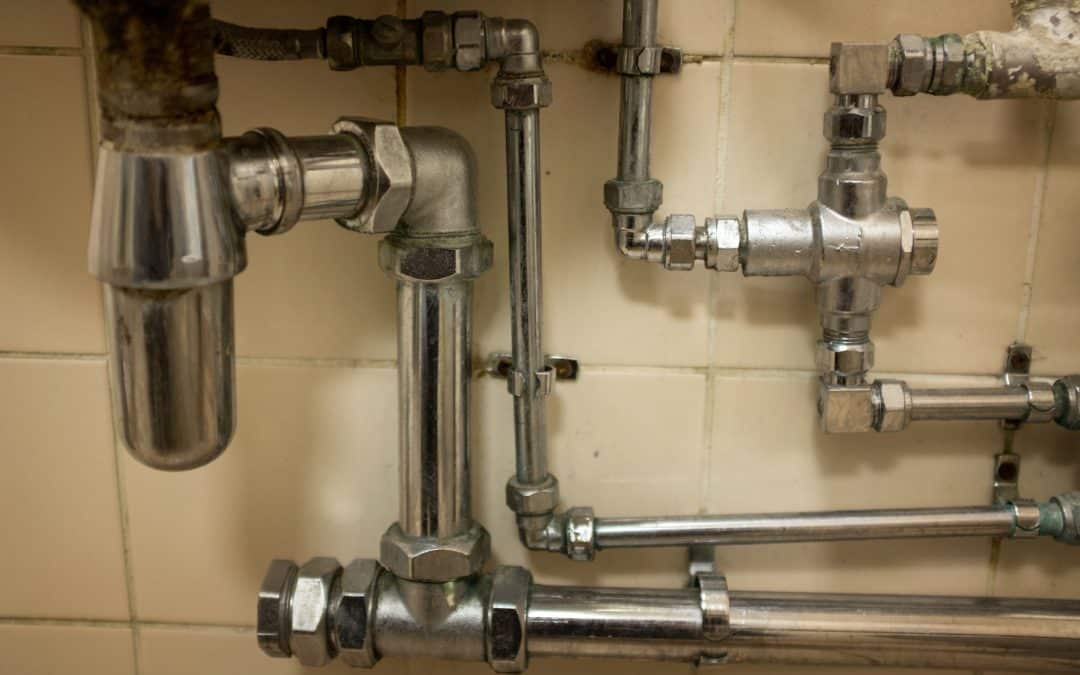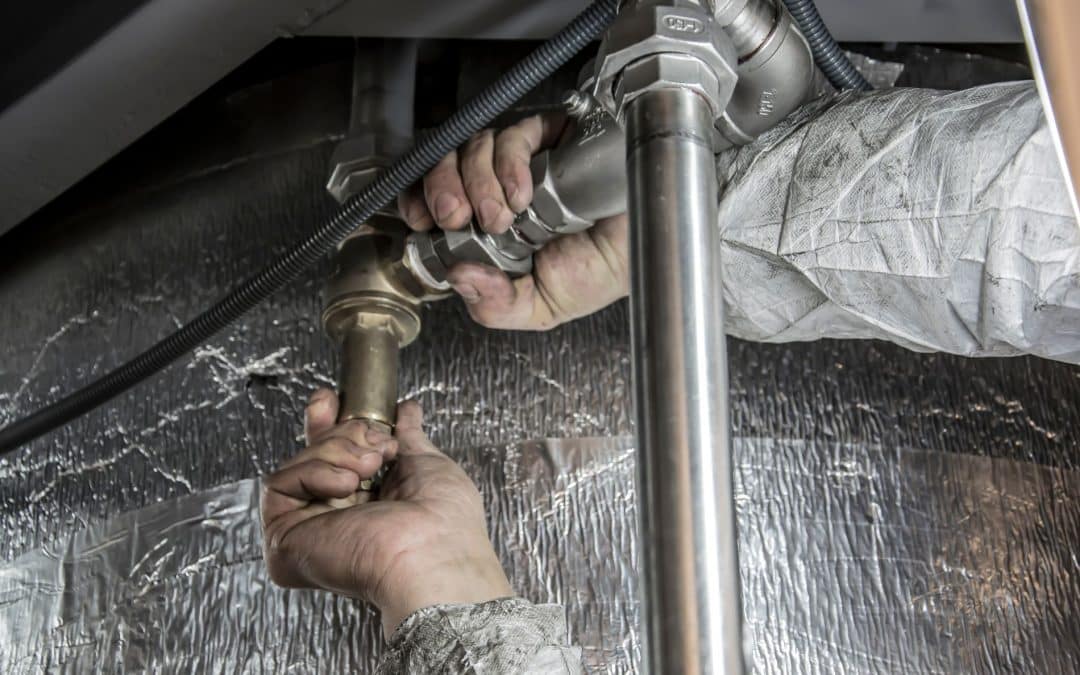Troubleshooting Inconsistent Hot Water in Your Home
Are you tired of stepping into a cold shower or struggling to maintain a consistent water temperature while doing household chores? Inconsistent hot water can be frustrating, but fear not! At Plumbing Kings LLC, we understand the importance of a reliable hot water supply and are here to help you regain control over your comfort. Below, we will examine the typical causes behind this issue and provide practical tips to resolve it.
1. Sediment Buildup
Excessive sediment accumulation in your water heater can disrupt the heating process, leading to inconsistent hot water. Sediment buildup is a common issue in households with hard water, which contains high levels of minerals. Over time, these minerals settle at the bottom of your tank and create an insulating layer that prevents proper heat transfer. As a result, your water heater has to work harder and longer, producing inconsistent hot water.
You can prevent sediment buildup by regularly flushing your water heater. Simply turn off the power or gas supply to your heater, attach a garden hose to the drain valve, and open the valve to let the water and sediment flow out. Repeat this process every six months for optimal results
2. Faulty Thermostat
A malfunctioning thermostat can cause your water heater to produce water that is either too hot or not hot enough. This can happen due to wear and tear over time or incorrect calibration, resulting in inconsistent hot water. If you suspect a faulty thermostat, it is best to consult a professional for proper diagnosis and replacement.
3. Overuse of Hot Water
If multiple members of your household are using hot water simultaneously, it can put a strain on your water heater and result in inconsistent hot water. This is especially common during peak usage hours, such as mornings and evenings. To avoid this issue, try staggering hot water use throughout the day or consider investing in a larger water heater if your household’s hot water needs have increased.
4. Pressure Imbalances
Uneven water pressure can disrupt the flow of hot water, resulting in inconsistent temperatures. Pressure imbalances can be caused by issues such as a clogged aerator, air in the pipes, or a faulty pressure regulator. If you notice inconsistent hot water only at certain fixtures, it is likely due to an imbalance in that specific area. It’s best to consult a professional plumber to pinpoint exactly where the problem is occurring and provide a long-term solution.
5. Old Age
Like all appliances, water heaters have a lifespan and can become less efficient as they age. If your water heater is more than 10 years old, it may be time for a replacement. Old water heaters typically struggle to keep up with hot water demand and can produce inconsistent temperatures. Upgrading to a newer, more energy-efficient model can save you money on utility bills and provide a more reliable hot water supply.
Conclusion
Inconsistent hot water can be a frustrating issue, but with the right knowledge and maintenance, it can be resolved. Regularly flushing your water heater, checking for faulty components, and being mindful of hot water usage in your household are all proactive steps you can take to ensure a consistent and comfortable supply of hot water.
At Plumbing Kings LLC, we specialize in resolving hot water issues and ensuring our customers’ satisfaction. Contact us today to schedule a professional assessment of your hot water system.

